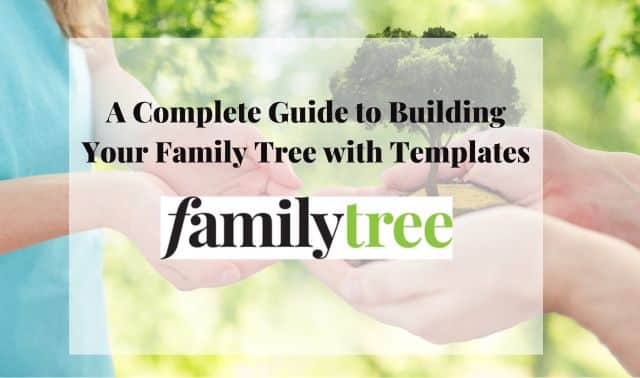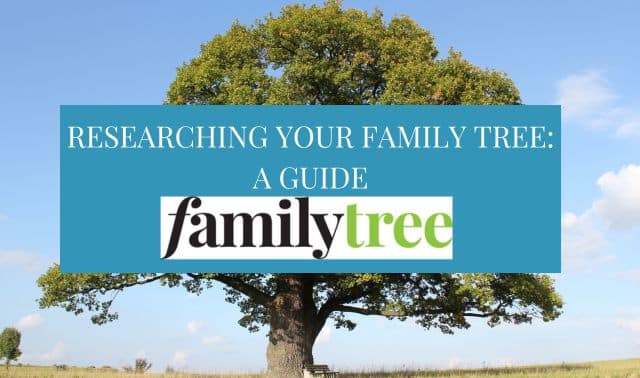Sign up for the Family Tree Newsletter! Plus, you’ll receive our 10 Essential Genealogy Research Forms PDF as a special thank you.
Get Your Free Genealogy Forms
"*" indicates required fields

Ready to start dragging those skeletons out of the closet? These records commonly contain details of ancestral mistakes, mishaps and misdeeds.
Marriage and divorce records
Where to Write for Vital Records <www.cdc.gov/nchs/howto/w2w/w2welcom.htm> outlines the availability and ordering procedures for marriage and divorce documents in each US state. Don’t see divorces among your state’s vital records? Try the civil court dockets. In these cases, juicy details about both spouses may show up in testimony transcripts.
Censuses
In Finding Your Famous and Infamous Ancestors (Betterway Books), Rhonda McClure suggests looking closely at occupations in a census. Prostitutes might be named as such — or as “sporting” women. A household of “dressmakers” run by a “landlady” might be a brothel. Search the 1790 to 1930 US censuses online at Ancestry.com <Ancestry.com > and HeritageQuest Online <heritagequestonline.com>; they’re on microfilm at major libraries and through the Family History Library (FHL) <www.familysearch.org>.
Coroner’s records
Coroners got involved in all types of unexplained deaths, from drug overdoses to drownings — making their records a good place to look for details on any ancestor’s untimely death. See <www.shoestringgenealogy.com/article/Coroner.htm> for research tips. The FHL has some microfilmed records; if they don’t cover the location where your ancestor died, contact the coroner’s office.
Asylum records
As the case of Loomis’ Uncle Ed illustrates, institutionalization doesn’t necessarily mean your relative was loony — it might hint at family friction. Censuses usually are your first clue to an ancestor’s commitment, as he’ll show up as an asylum resident. Most asylum records no longer exist, so search for your ancestor’s commitment papers in probate courts.
Court records
For details of crimes, disputes and other family intrigue, the courthouse docket is your first stop: trials are often indexed by docket number. Check the FHL catalog for microfilm, then contact the courthouse. See the September 2008 Family Tree Magazine for a guide to court records.
FBI files
The FBI has kept files on millions of Americans since 1908, and a simple letter might get you pages of information. See <members.aol.com/rechtman/fbi.html> and Unlocking the Files of the FBI by Gerald K. Haines and David A. Langbart (SR Books). The subscription site Footnote <footnote.com> has some digitized FBI files.
Prison records




